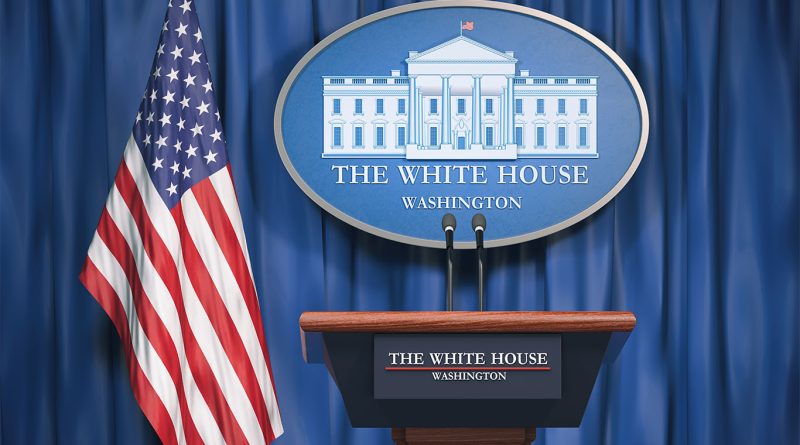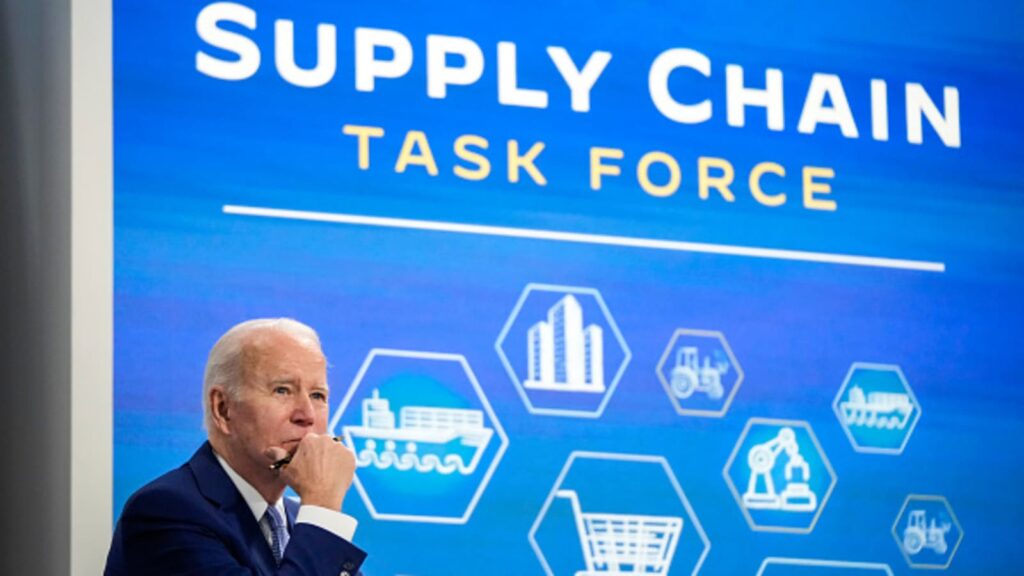 NEED HELP
NEED HELP  NEED HELP
NEED HELP 
While it has elicited both support and criticism, the Council’s initiatives and strategic partnerships signal a comprehensive effort to fortify national and global supply chains.


In a groundbreaking move, President Joe Biden recently unveiled the establishment of the White House Council on Supply Chain Resilience, signifying a pivotal shift in how the United States approaches the intricate world of supply chain dynamics. This Council, co-chaired by the National Security Advisor and National Economic Advisor and featuring a diverse lineup of Cabinet members and senior agency officials, underscores the administration’s unwavering commitment to navigating the complexities of supply chain management.
Objectives and Composition of the Council
At its core, the Council’s creation is rooted in the administration’s acknowledgment of robust supply chains’ pivotal role in fostering a thriving economy. As stated by the White House, this Council’s primary goal is to bolster the resilience of critical supply chains, ultimately ensuring the consistent delivery of products, fortifying agriculture and food systems, and bolstering domestic job creation. The Council’s composition, spanning critical figures from various governmental departments, highlights the multifaceted approach adopted to tackle the intricate challenges supply chains pose.
Strategic Initiatives and Actions
Among the noteworthy actions announced, the use of the Defense Production Act to enhance domestic production of vital medicines and alleviate drug shortages takes center stage. This proactive measure illustrates the administration’s commitment to securing crucial medical supplies. Moreover, introducing innovative cross-governmental supply chain data-sharing capabilities signifies a strategic shift toward a more integrated and informed approach to supply chain management.

Investments and Long-Term Vision
The administration has also outlined substantial investments in critical supply chains, earmarking a $275 million grant for clean energy and a $196 million investment in domestic food supply chains. These investments are geared toward creating economic opportunities and reducing costs for American households. Additionally, the Department of Defense’s release of the National Defense Industrial Strategy and the initiation of the quadrennial supply chain review by the Council underscore a long-term dedication to supply chain resilience.
Global Collaborations and Future Prospects
The White House’s approach extends well beyond U.S. borders, engaging international partners in strengthening global supply chains. Initiatives such as the Indo-Pacific Economic Framework for Prosperity and the Americas Partnership for Economic Prosperity highlight the administration’s vision of a collaborative approach to supply chain resilience on a global scale.
In conclusion, creating the White House Council on Supply Chain Resilience marks a transformative shift in the U.S. government’s approach to supply chain challenges. It has drawn both support and criticism, but its initiatives and partnerships demonstrate a thorough effort to strengthen national and global supply chains. As the Council progresses, its impact on economic stability and critical sectors will be closely watched and analyzed in the coming months and years.

Request a quote, we will reply you shortly.